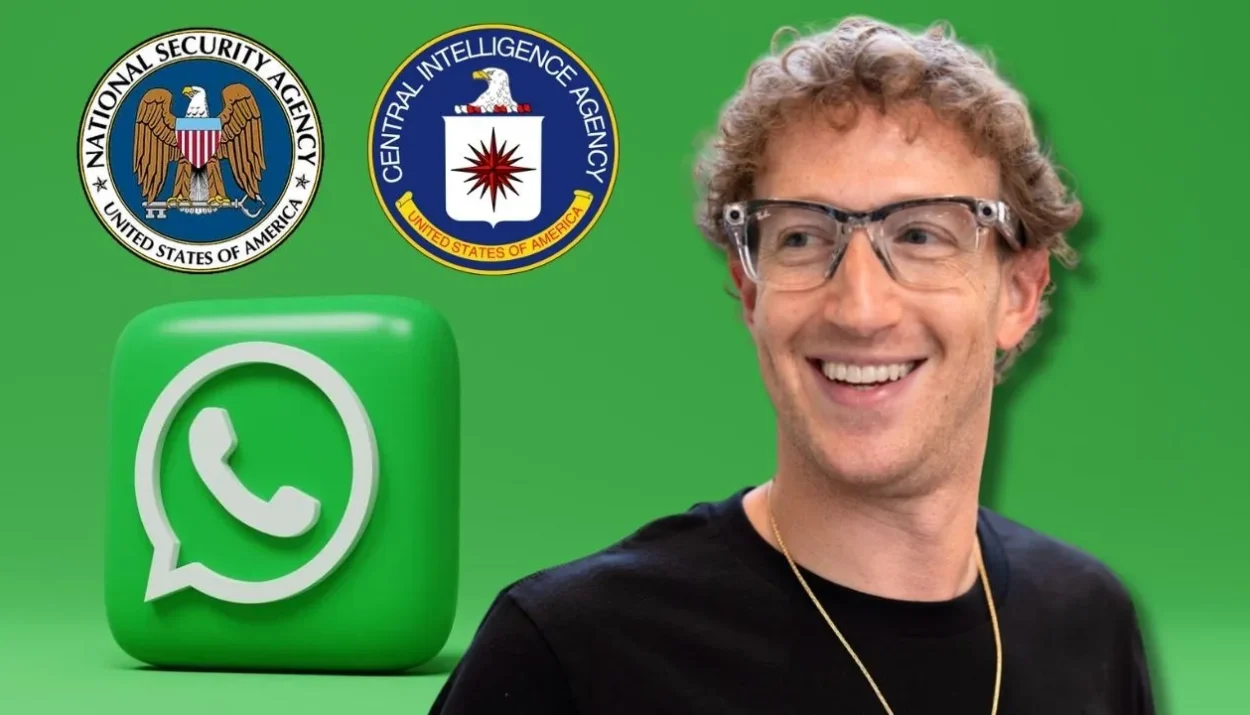In a recent interview on “The Joe Rogan Experience” podcast, Meta CEO Mark Zuckerberg discussed the security of WhatsApp messages about potential access by U.S. intelligence agencies like the CIA. Zuckerberg emphasised that while WhatsApp employs end-to-end encryption—ensuring that message content is not visible to Meta’s servers—this encryption does not protect data stored directly on users’ devices.
He explained that if an agency gains physical access to a device, they can exploit vulnerabilities to read encrypted messages, view photos, and access call logs without intercepting communications during transmission. This means that despite robust encryption during message transit, the security of the device itself remains crucial.
Zuckerberg’s comments were in response to discussions about allegations that U.S. intelligence agencies had accessed private communications of individuals, including journalists, by compromising their devices. He highlighted that tools like spyware can enable such surveillance, bypassing encryption safeguards.
To mitigate these risks, WhatsApp has introduced features like disappearing messages, which automatically delete messages after a set time, reducing the amount of sensitive data stored on devices. Zuckerberg underscored the importance of device security in maintaining the overall privacy of communications.










